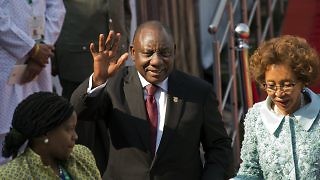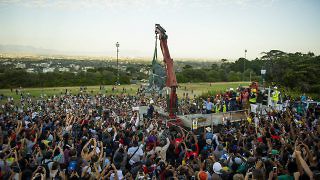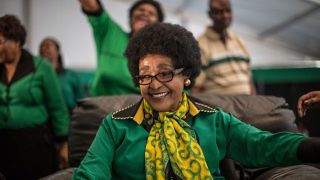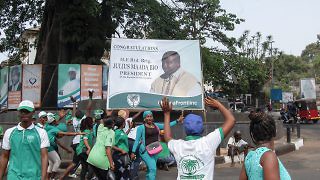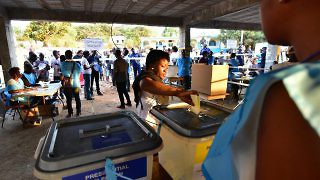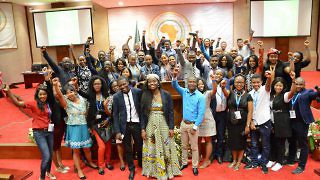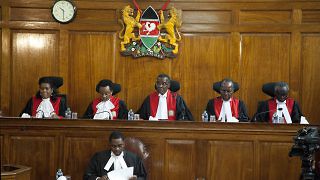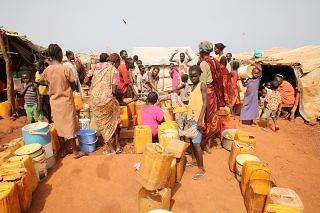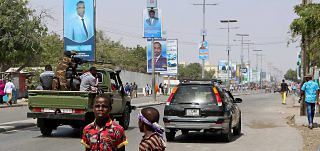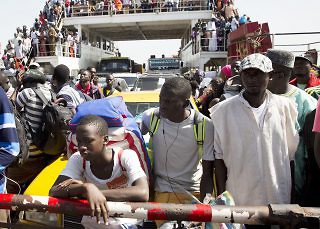As Ramaphosa enters his second term, it is unclear what he will be able to accomplish, especially in relation to taking effective action against those in the government, the ANC, and other parties charged with corruption.
Author: John L. Hirsch
-
-
Demands for changes in how universities in South Africa teach and function have been raised over many years by students and recent efforts are a continuation of these attempts.
-
Winnie Mandela will be remembered as a person of great courage who worked for a greater cause throughout a very difficult life.
-
In Julius Maada Bio’s favor is the pragmatism that he has thus far demonstrated, though there should still be no doubt about the magnitude of the challenges ahead.
-
The winner of the presidential election’s second round on March 27 will have much to do to move the country ahead.
-
Africa’s men and women are now faced with the question of whether they can bring about a new African polity based on the principles of democracy and human rights or whether the politics of entrenched and often corrupt leaders who stayed in power for decades will continue.
-
Given its central position in IGAD and the EAC as well as at the African Union Kenya’s electoral approach will have a significant bearing on ongoing efforts by the African Union and the United Nations to strengthen peace and security in the East African region.
-
Absent some unforeseen new initiative, or the fulfillment of those initiatives currently underway, any prospect of improving the lives of the South Sudanese in the foreseeable future unfortunately seems remote.
-
Michael Keating, the United Nations’ special representative for Somalia, discusses the political and security situation in the country.
-
Barrow’s victory now adds him to the list of freely elected rulers in West Africa, alongside President Johnson Sirleaf of Liberia, President Akufo-Addo of Ghana, and President Sall of Senegal.

